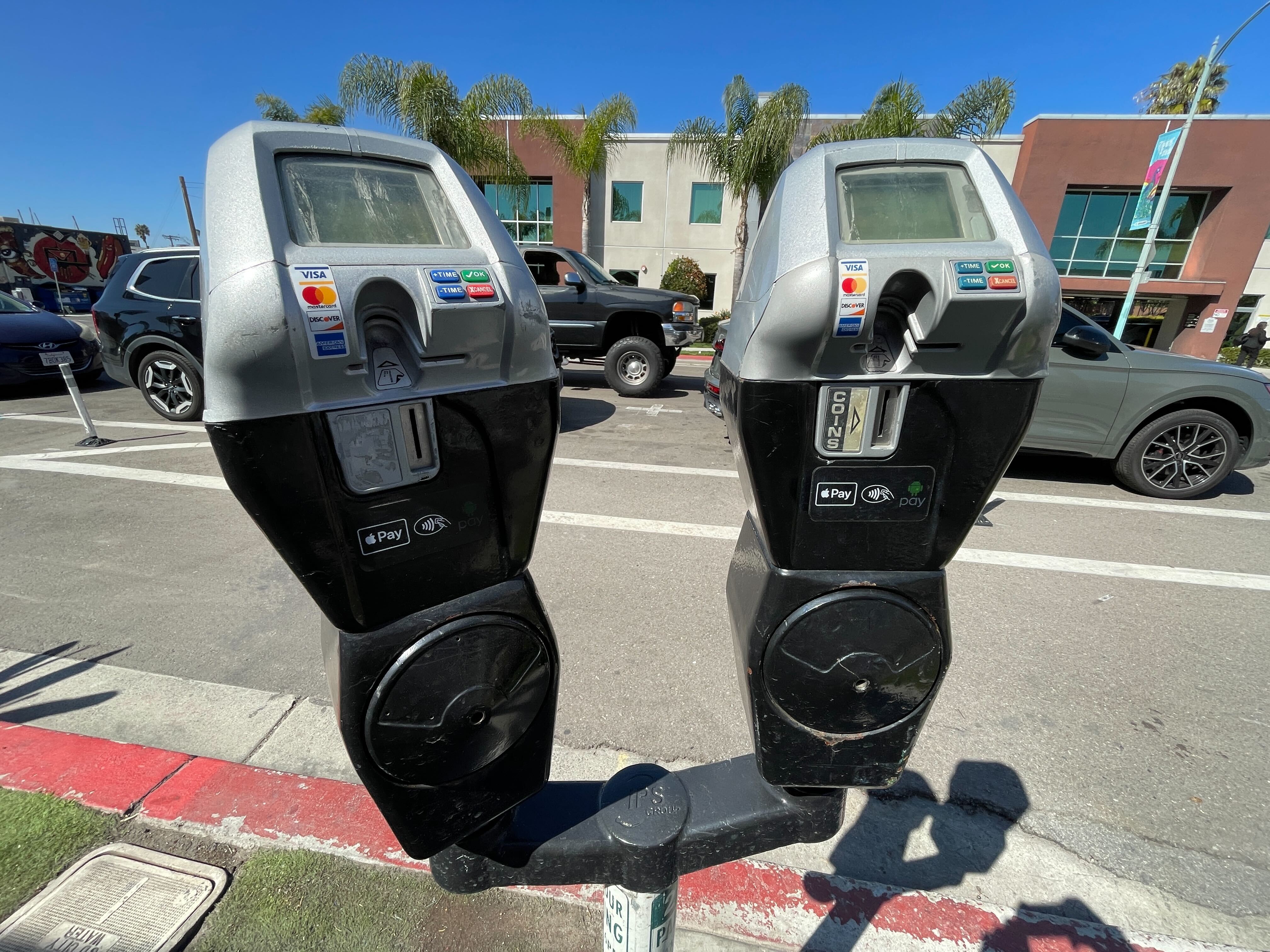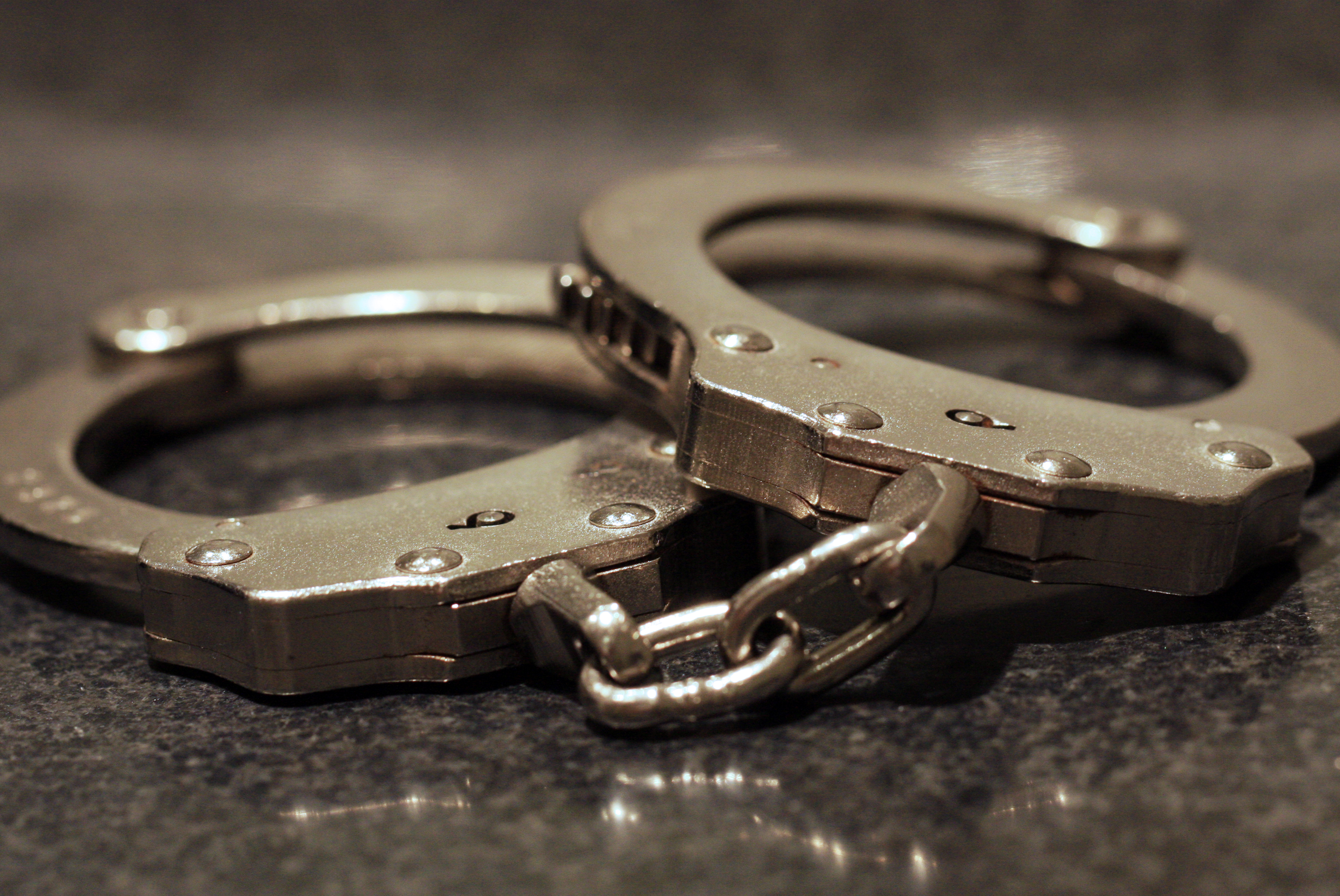The last time Trump was in town, things didn’t go smoothly. NBC 7’s Alex Presha looks at what local law enforcement agencies are doing to keep things as peaceful as possible.
President Donald Trump is expected to make a stop to San Diego County next week for a tour of prototypes for his proposed border wall.
White House Press Secretary Sarah Huckabee Sanders confirmed Wednesday President Trump would visit California next week. The visit will be the President’s first time in the west coast state since taking office last November.
During his California tour, Trump is expected to tour eight prototypes completed in October to determine what type of barrier the Trump Administration would use to build a wall along the U.S.-Mexico border. The project has yet to receive funding from Congress for a full-scale wall.
The San Diego Sheriff’s Department (SDSO) confirmed in a release Thursday they were securing the Otay Mesa prototype area in preparation of both protesters and supporters of the project.
"In preparation for demonstrations and in an effort to protect the rights of citizens to peacefully protest, the Sheriff has requested and been granted 'Temporary Area Restrictions,'" the SDSO statement read.
People will be unable to bring firearms, knives, pepper spray, shields, poles and several other items near the prototype area during the President’s visit and parking will be limited. For a list of what items will not be allowed, click here.
Early security measures were being installed Thursday. An NBC 7 news team spotted crews working behind fencing to secure the area. A helicopter scanned the area from above the prototypes.
Each prototype stands about 30-feet tall and 25-feet wide and is made of various substances, four of concrete and four of other materials, to determine which would be the best deterrents, according to U.S. Customs and Border Protection (CBP).
Local
Trump has asked Congress for $1.6 billion for the first installment of his proposed border wall. It would replace 14 miles in San Diego and build 60 miles, or 96 kilometers, in Texas' Rio Grande Valley, the busiest corridor for illegal crossings.
The President’s California visit will come about one week after the Trump administration filed a lawsuit challenging three California laws that, among other things, bar police from asking people about their citizenship status or participating in federal immigration enforcement activities.



